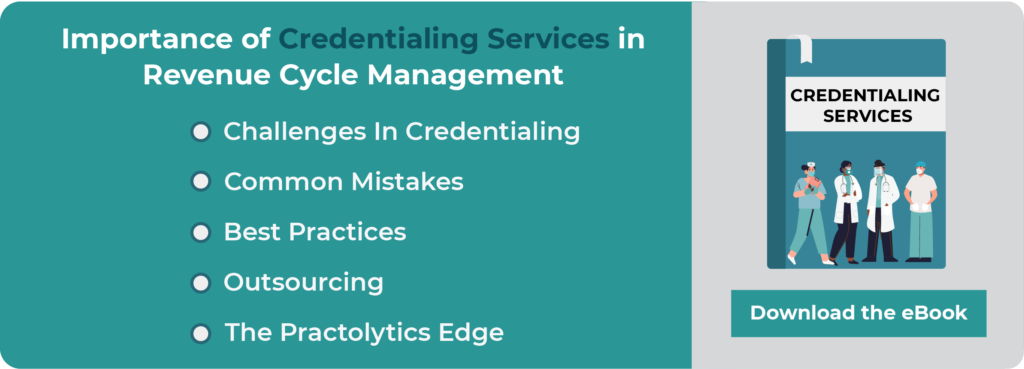Top 10 Coding Errors That Trigger Denials
Avoid revenue loss by understanding the top 10 coding errors that trigger denials. These common mistakes can delay reimbursements and impact cash flow. From incorrect modifiers to mismatched diagnosis codes, knowing these errors helps prevent claim rejections. Stay compliant and boost efficiency by addressing the top 10 coding errors that trigger denials.
Table of Contents
Top 10 Coding Errors That Trigger Denials: How to Avoid Them
Did you know that 8 out of 10 medical bills in the US have mistakes? That’s a big problem! Many of these errors come from the coding part of the bills. These mistakes cause claims to be denied, payments to be delayed, and upset everyone, from the staff to the patients.
Medical coding is like the engine that makes healthcare billing work. If there are mistakes, it costs time and money. Whether your business is a small doctor’s office or a big hospital, finding and fixing these errors is key to a healthy income flow.
In this article, we’re going to show you the top 10 coding errors that cause trouble. We’ll also give you some tips on how to prevent them.
1. Incorrect Modifier Usage
Modifiers are like little helpers that provide more details about what service or action you’ve done. But, if you pick the wrong one or forget it, it can confuse the folks who pay the bills.
To prevent this:
Teach your team about CPT and HCPCS modifier rules often.
Always make sure the modifier is a good fit for the job code.
Be careful with modifier 59; too much of it looks suspicious.
2. Diagnosis and Procedure Codes Not Matching Up
It’s like telling someone you need to fix a leaky faucet but showing them a broken TV instead. If the health problem code doesn’t match the work done, the payment might not come through.
How to dodge this:
Ensure the health issue matches the job done.
Use tools that tell you if they’re not a good match.
Look at what the payment companies want to know before they say yes.
3. Using the Wrong Code for More Money (Upcoding)
Upcoding is when you use a fancier code than what happened, which might make the payment folks think you’re trying to cheat them. It can lead to claim rejection or, worse, a fraudulent check.
How to stay on the right path:
Write down only what you did.
Check your work often with someone who knows coding well.
Learn and follow the rules for rating medical visits and care (E/M).
4. Under coding
On the other hand, under coding is when you don’t code for all the work done. This can lead to losing money.
To prevent it:
Encourage thorough documentation.
Check patient records to include all services.
Utilize tools that help you keep track of everything.
5. Wrong ICD-10 Codes
Using the wrong code can be a problem. It’s important to get it right.
How to avoid issues:
Keep up with yearly code updates.
Always use specific codes if you can.
Make sure the codes match the doctor’s notes.
6. Billing the Same Thing Twice
Medical billing the same service more than once is a no-go. It can cause trouble.
To stay ahead:
Use software that catches duplicates.
Have a good system to review before sending.
Keep everyone in the loop to prevent double work.
These are simple steps to keep your business running smoothly and avoid unnecessary problems. Remember, clear and precise documentation is key, and using the right tools can save you a lot of headaches down the line. Keep communication open between teams to ensure everyone’s on the same page.
7. Missing Information in Documents
If a service isn’t well recorded, it’s tough to support the billing code.
How to prevent this:
Utilize handy templates or lists for documenting care.
Regularly review and check documentation for completeness.
Educate staff about what insurers expect to see.
8. Out-of-Date Coding Resources
Using old codes can lead to errors and rejected claims.
How to stay current:
Get the latest updates to coding manuals annually.
Employ software that keeps code up-to-date automatically.
Join online sessions to learn about recent code changes.
9. Ignoring Insurer-Specific Rules
Each company may have unique coding requirements.
How to stay in compliance:
Keep a collection of guidelines tailored to each payer.
Analyze denied claims to spot patterns by insurer.
Set up warnings for special coding rules specific to payers.
10. Lack of Teamwork Between Code and Bill Groups
When code and bill folks don’t talk enough, mistakes happen. Sometimes, claims aren’t finished correctly or have incorrect information.
To stop this:
Have everyone meet up often to chat.
Keep everyone informed about what’s new or changing.
Use tools that show what everyone is working on in one place.
Important Stuff Going On & Things to Know
In 2024, CMS said it gave out over $31 billion too much, mostly because of bad code and notes.
Now, computer helpers called AI are getting big in coding. They make fewer mistakes than people.
And the people who pay are getting picky. They check everything more and say no to wrong claims.
So, always be accurate; it’s essential for business.
Final Thoughts
Medical coding mistakes are not minor issues. They result in payment delays, financial loss, and patient dissatisfaction. Plus, they create an extra workload for your staff. But here’s the positive side: most of these troubles can be avoided with proper resources and training.
How Practolytics Assists
To minimize rejection of claims, enhance coding precision, and receive payments quickly, Practolytics is your answer. Here’s what it does for you:
- Skilled coders who are well-versed in rules specific to different payers.
- Immediate claim checkers to spot errors before you send them in.
- Tailored reports to monitor patterns of denials.
- AI tools for rapid and precise coding.
- Continuous education for your team on the latest industry changes.
By partnering with Practolytics in Revenue Cycle Management (RCM), you’re not just correcting errors but stopping them from occurring in the future. This smart approach not only saves you time and money but also keeps your patients and team content.
Stop letting tiny coding errors cause big payment hold-ups. Join hands with Practolytics and manage your money flow better starting now.
Check out Practolytics for details.
ALSO READ – Prior Authorization for Specialized Forensic Testing: A Case of Cost and Time Savings
Talk to Medical Billing Expert Today — Get a Free Demo Now!






